Latest
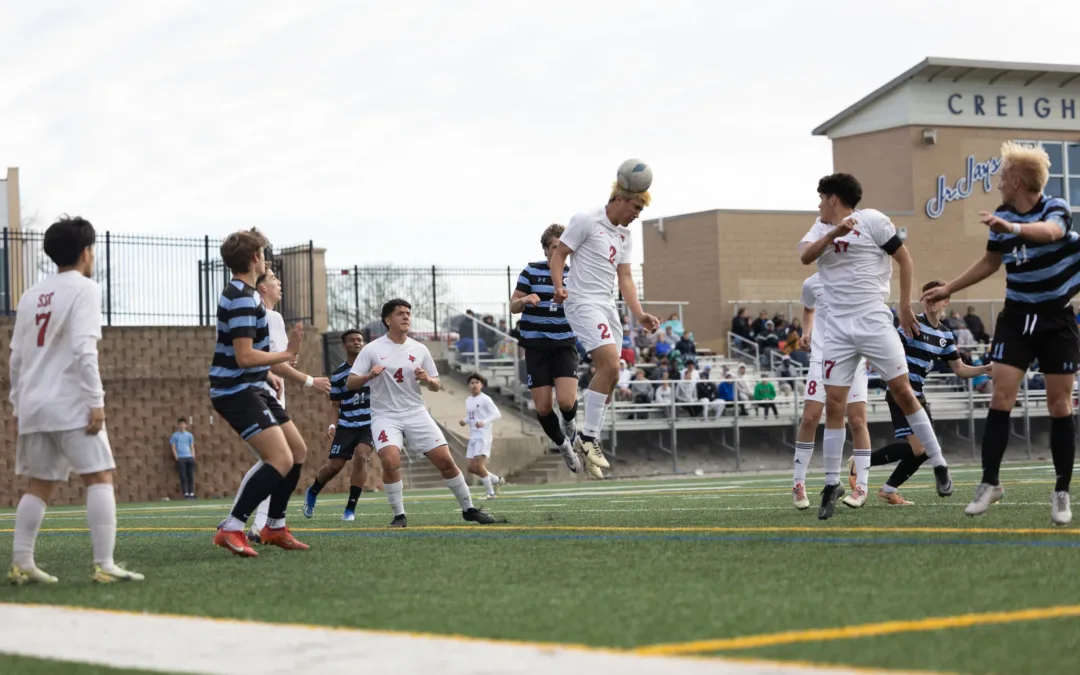
Soccer Coaches Poll 4.21.22
Each week during the high school soccer season select coaches from the four Nebraska classes rate the teams in their class. Here is the boys and girls soccer coaches poll on 4-21-24 presented by Pinnacle Bank. Boys Class A (Record), Previous Ranking 1. Lincoln...
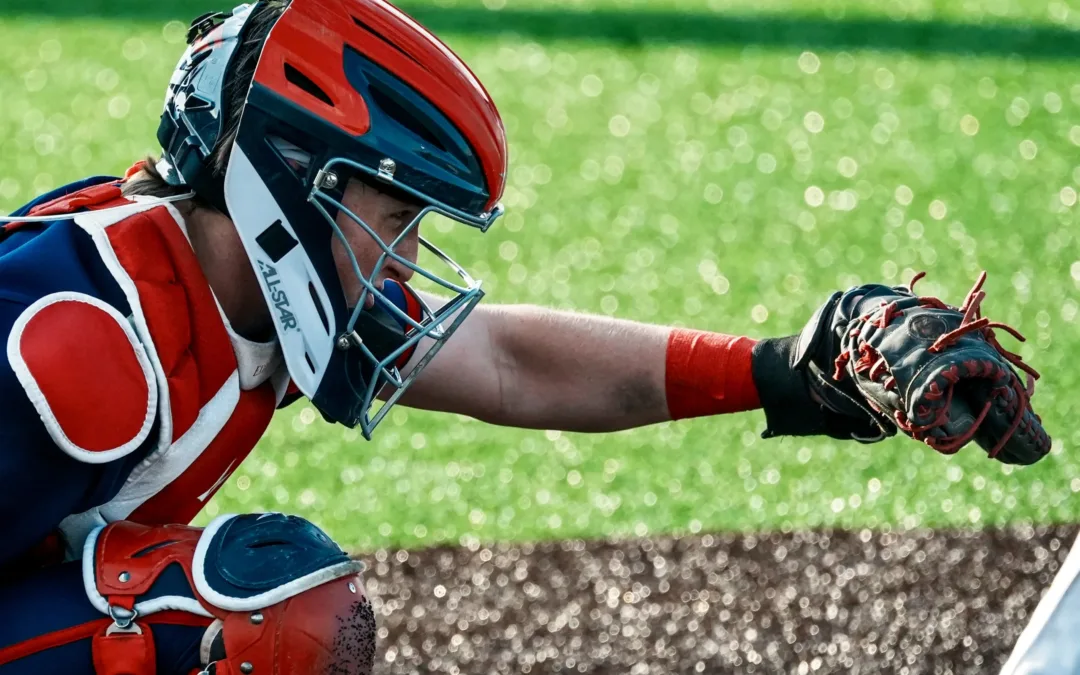
Baseball Coaches Poll 4.21.24
Each week during the high school baseball season select coaches from the three Nebraska classes rate the teams in their class. Here is the baseball coaches poll on 4-21-24 presented by Pinnacle Bank. Class A (Record), Previous Record 1. Lincoln East (22-1), 1 2....
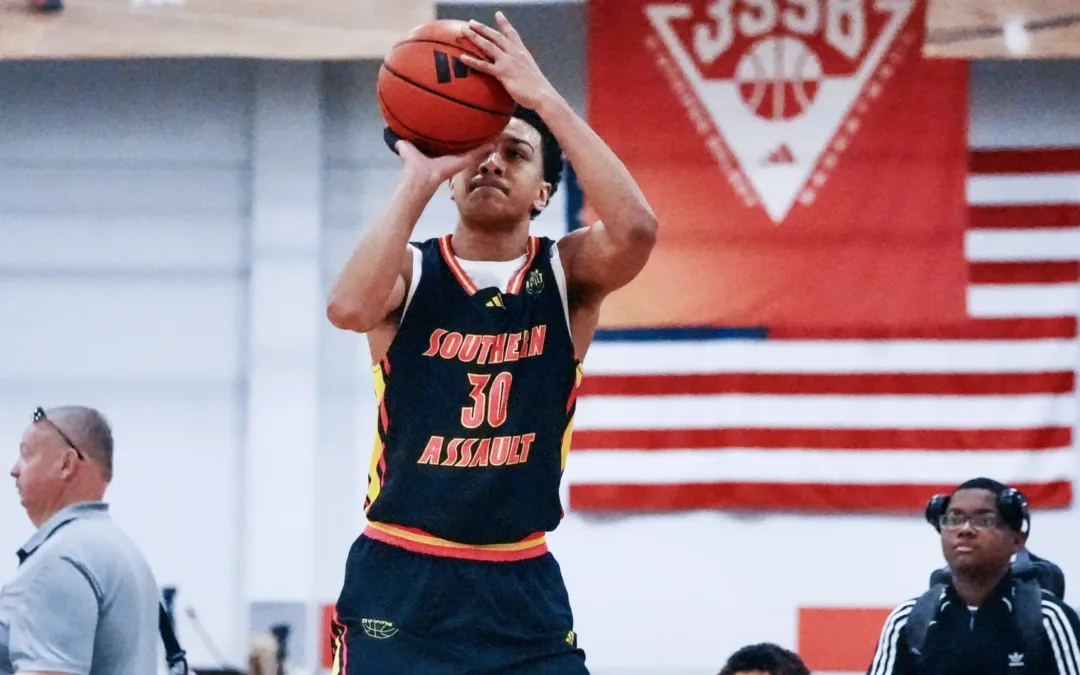
Adidas 3SSB Chapter I Notebook
The grassroots season has arrived and Adidas was the first of the three major shoe circuits to get going last weekend as every 3SSB team made the voyage to the Iowa West Fieldhouse in Council Bluffs for Chapter I of three spring 3SSB stops. A jam-packed weekend saw...
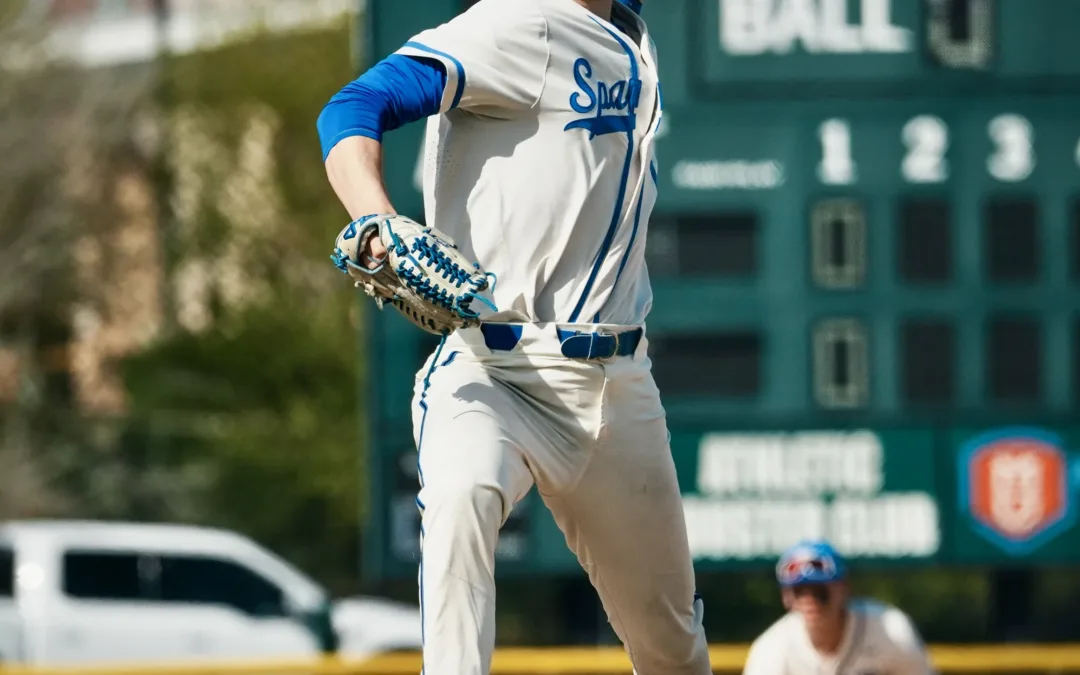
Baseball Coaches Poll 4.14.24
Each week during the high school baseball season select coaches from the three Nebraska classes rate the teams in their class. Here is the baseball coaches poll on 4-8-24 presented by Pinnacle Bank. Class A (Record), Previous Record 1. Lincoln East (17-1), 3 2....
Pinnacle Bank Game of the Week
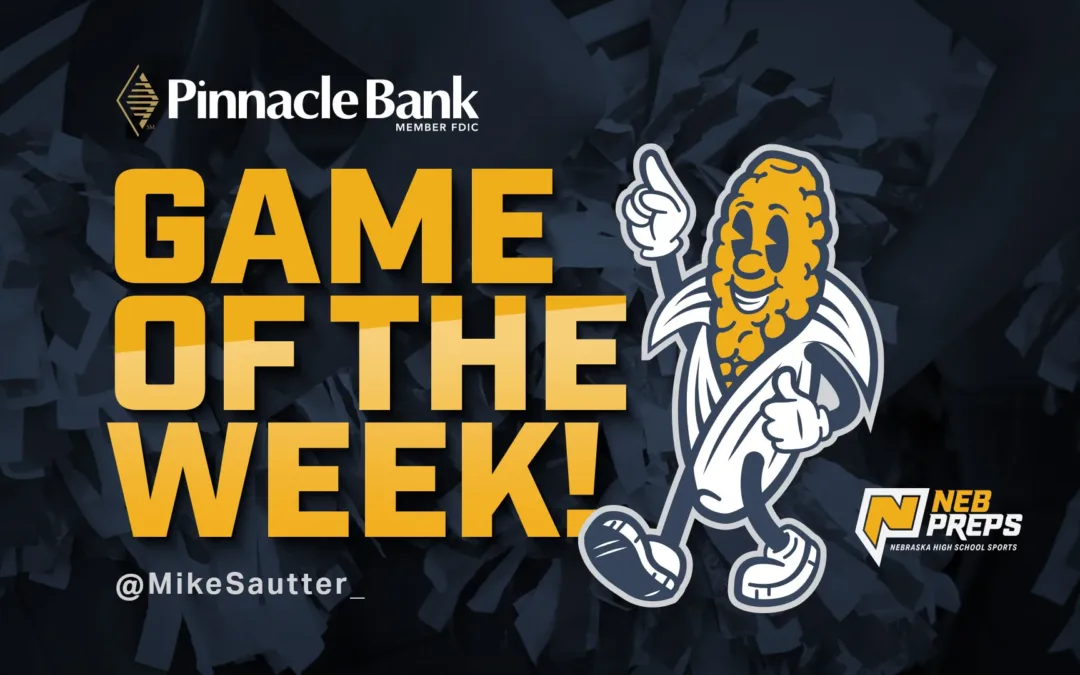
Pinnacle Bank Game of the Week 2.4.24
Each week fans can vote for the Pinnacle Bank Game of the Week. Mike Sautter will provide extensive coverage at the game that wins the fan vote for the Game of the Week. The poll opens at 8:00 p.m. on Sunday (2/4/24) and closes at noon on Wednesday (2/7/24) this week....

Pinnacle Bank Game of the Week 1.7.24
Each week fans can vote for the Pinnacle Bank Game of the Week. Mike Sautter will provide extensive coverage at the game that wins the fan vote for the Game of the Week. The poll opens at 8:00 p.m. on Sunday (1/7/24) and closes at 12:00 p.m. on Wednesday (1/10/24)...
Coaches Poll

Soccer Coaches Poll 4.21.22
Each week during the high school soccer season select coaches from the four Nebraska classes rate the teams in their class. Here is the boys and girls soccer coaches poll on 4-21-24 presented by Pinnacle Bank. Boys Class A (Record), Previous Ranking 1. Lincoln...

Baseball Coaches Poll 4.21.24
Each week during the high school baseball season select coaches from the three Nebraska classes rate the teams in their class. Here is the baseball coaches poll on 4-21-24 presented by Pinnacle Bank. Class A (Record), Previous Record 1. Lincoln East (22-1), 1 2....


